Press Kit
For Release:
GENERAL INFORMATION:
Code of the Freaks
Directed by Salome Chasnoff
U.S. / 69 min / 1:85:1 / DCP / Color In English
Publicity Contact: David Ninh, dninh@kinolorber.com
Distributor Contact: Chris Wells, cwells@kinolorber.com
https://www.kinolorber.com/film/code-of-the-freaks
TAGLINE:
Offend one, and you offend them all.
LOGLINE:
In an unprecedented look inside the disabled community, Code of the Freaks gives the mic to some of Hollywood’s most incensed and ignored critics – actual disabled people.
SHORT SYNOPSIS (70 words):
Code of the Freaks presents a radical reframing of the use of disabled characters in film, gathering hundreds of clips from over a century of Hollywood favorites – viewed with a fresh perspective by on-the-ground disability activists, artists and scholars. Taking its title from Tod Browning’s 1932 classic, Code of the Freaks counters formulaic “inspiration porn” with a powerful corrective, daring to imagine a cinematic landscape that centers the voices of disabled people.
LONG SYNOPSIS (330 words):
Code of the Freaks presents a radical reframing of the use of disabled characters in film.
From The Fake Beggar (1895), Of Mice and Men (1939) and Whatever Happened to Baby Jane (1962) to more contemporary films like Million Dollar Baby, Forrest Gump, Avatar, Fences and Me Before You, Hollywood continues to crank out all the old disability clichés and hollow inspirational narratives – what disability activists call “inspiration porn” – that carry actors straight to the Oscars. Code of the Freaks (the title is a line from Tod Browning’s 1932 classic, Freaks) counters these formulaic entertainments with a powerful corrective: it dares to imagine a cinematic landscape that centers the voices of disabled people.
Code of the Freaks is well timed to intervene in an emerging international conversation about inclusion and representation. Social media has elevated the disability community’s critique of Hollywood’s casting decisions and exclusion of disabled people from the industry. John Krasinski’s recent insistence on casting a Deaf actor in A Quiet Place (2018) shows that some in the industry have begun to take heed. Code of the Freaks extends the conversation beyond the largely superficial issue of casting to the stories themselves.
The 13 unprecedented voices and perspectives featured in Code of the Freaks include actor and writer Mat Fraser, best known for his role in American Horror Story; Lawrence Carter-Long, host of Turner Classics Presents - The Projected Image: A History of Disability in Film; painter and writer Riva Lehrer; novelist and playwright Susan Nussbaum; and writer Mike Ervin, whose blog Smart Ass Cripple was once dubbed by the late film critic Roger Ebert “some of the fiercest and most useful satire on the web.”
In addition to better known voices, Code of the Freaks showcases totally new on-the-ground disability activists and educators to advance a compelling argument: when it comes to disability onscreen, whether the fate of the disabled character is a miracle cure, institutionalization, death, or “overcoming,” it’s all aimed at inspiring a mainstream audience.
